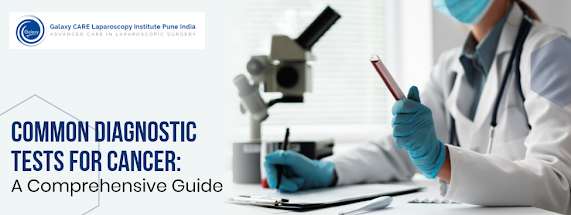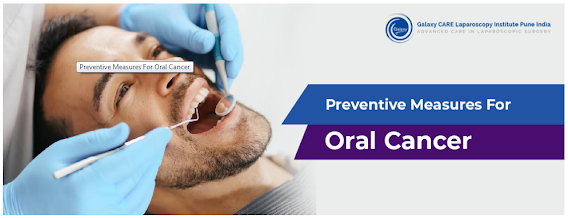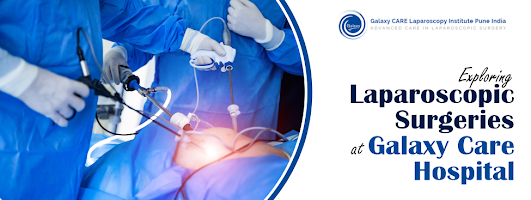GALAXY CARE HOSPITAL, THE BEST CANCER HOSPITAL IN PUNE

In the realm of healthcare, few battles are as daunting as the fight against cancer. The journey is often fraught with uncertainties, challenges, and emotional turbulence. However, amidst the storm, beacons of hope emerge, and one such beacon shines brightly in the heart of Pune - Galaxy Care Hospital . Renowned as the premier destination for cancer care in the region, Galaxy Care Hospital stands as a testament to cutting-edge medical expertise, compassionate care, and unwavering dedication to patients' well-being. A Legacy of Excellence Established with a vision to redefine healthcare standards, Galaxy Care Hospital has consistently pushed boundaries since its inception. Led by a team of eminent oncologists, surgeons, and healthcare professionals, the hospital has earned a stellar reputation for its comprehensive approach to cancer treatment. With state-of-the-art infrastructure, advanced technology, and a patient-centric philosophy, Galaxy Care Hospital offers a holistic









